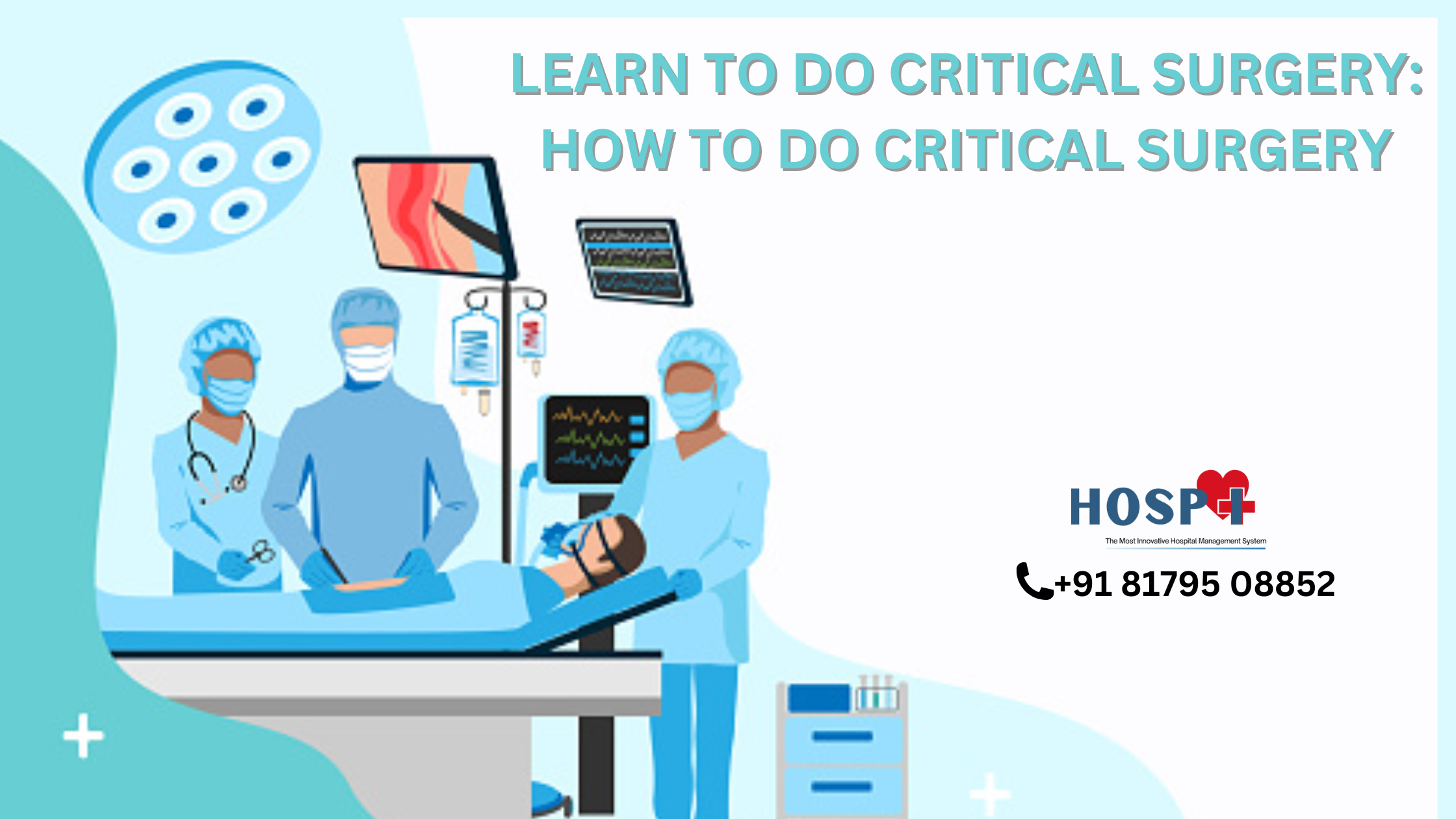Critical surgery represents the pinnacle of human skill, technology, and courage. It is a field where precision meets pressure, and where every heartbeat, every second, and every incision can decide between life and death. Surgeons who pursue this path do not merely
Read More


